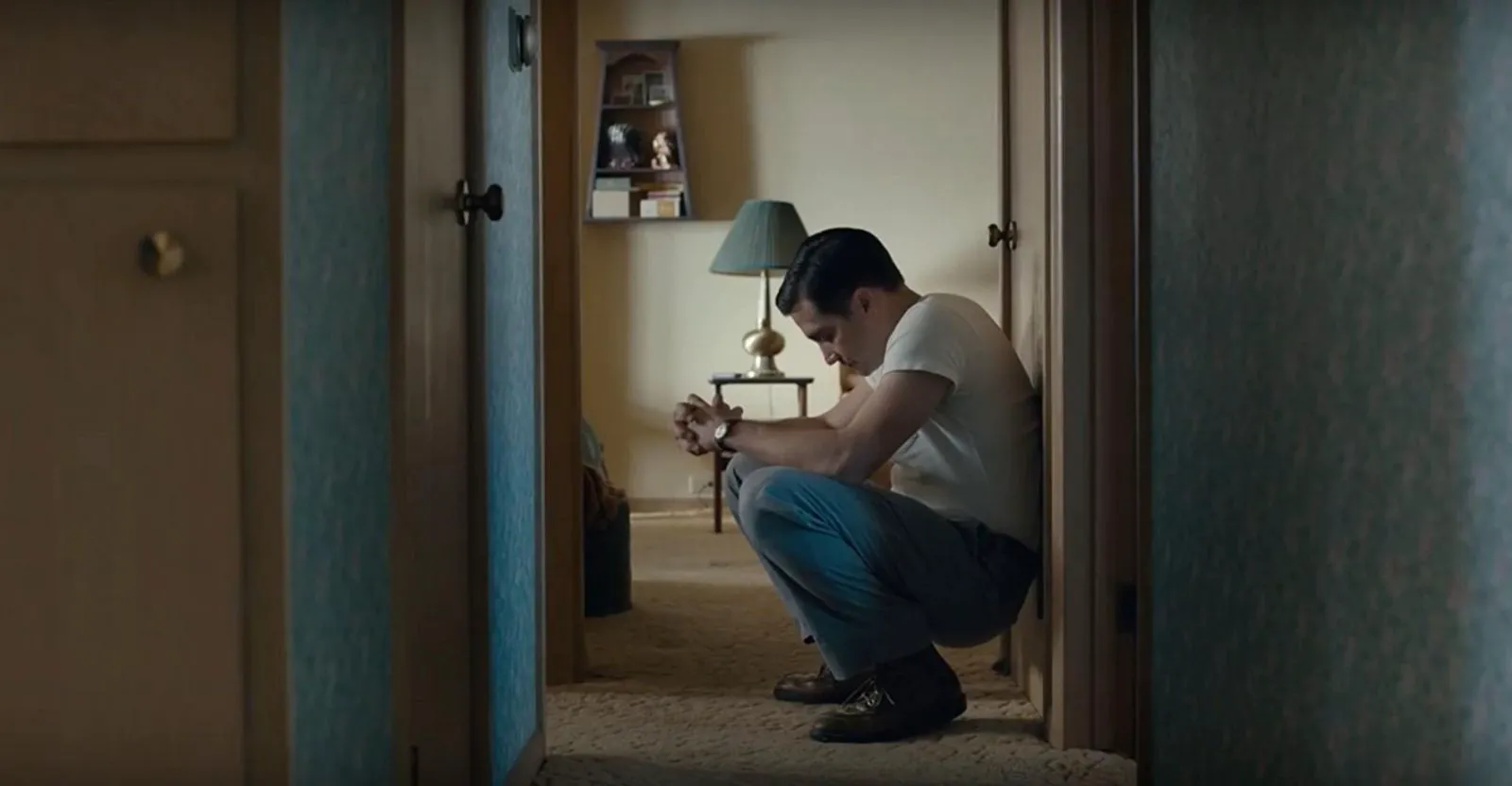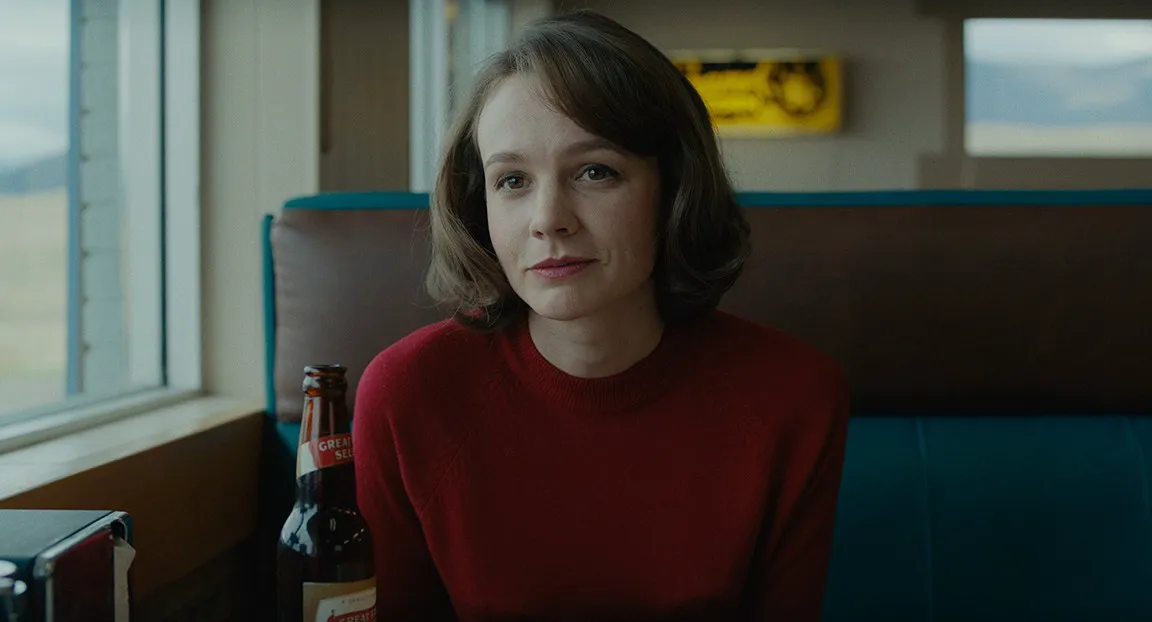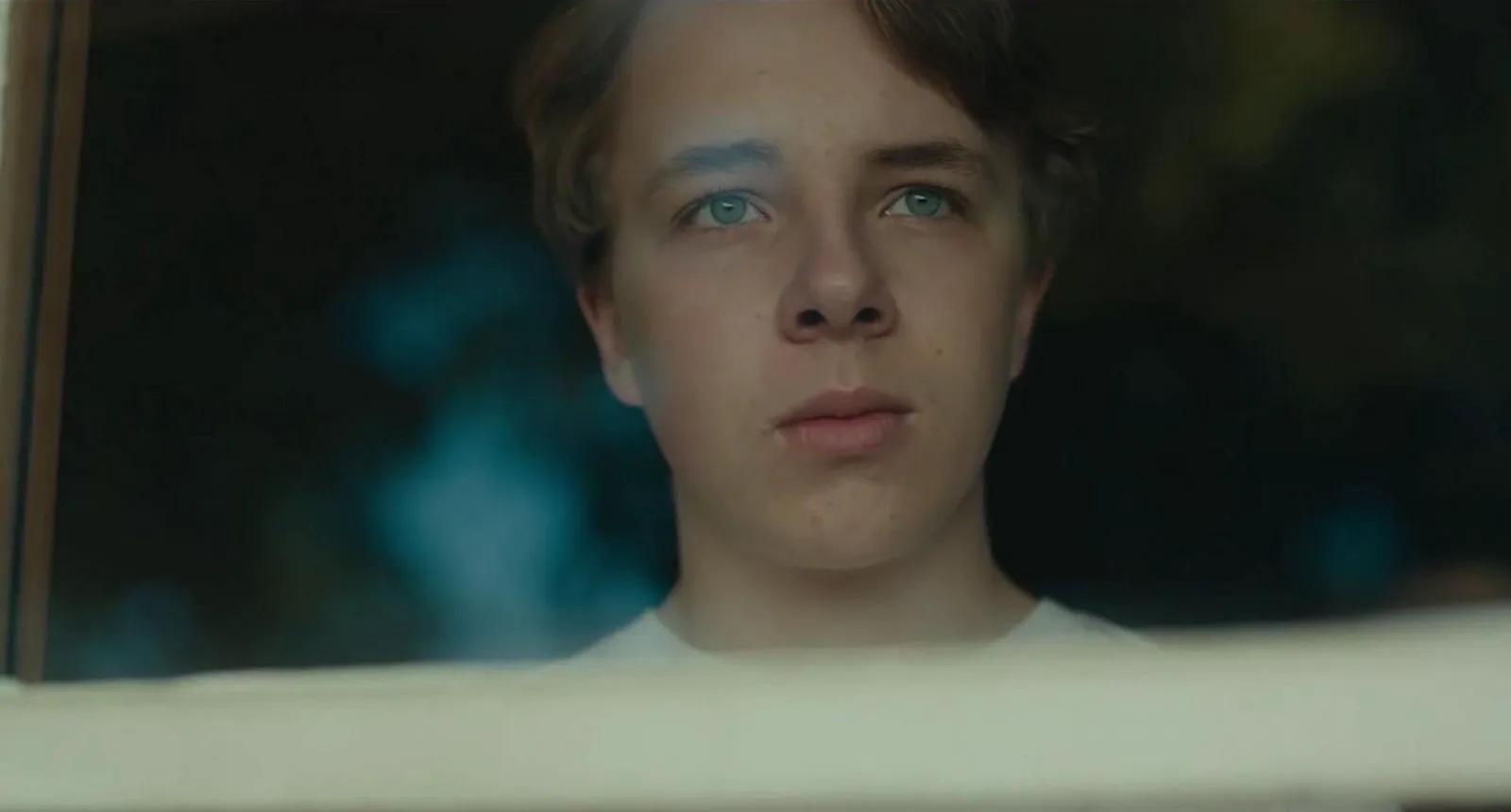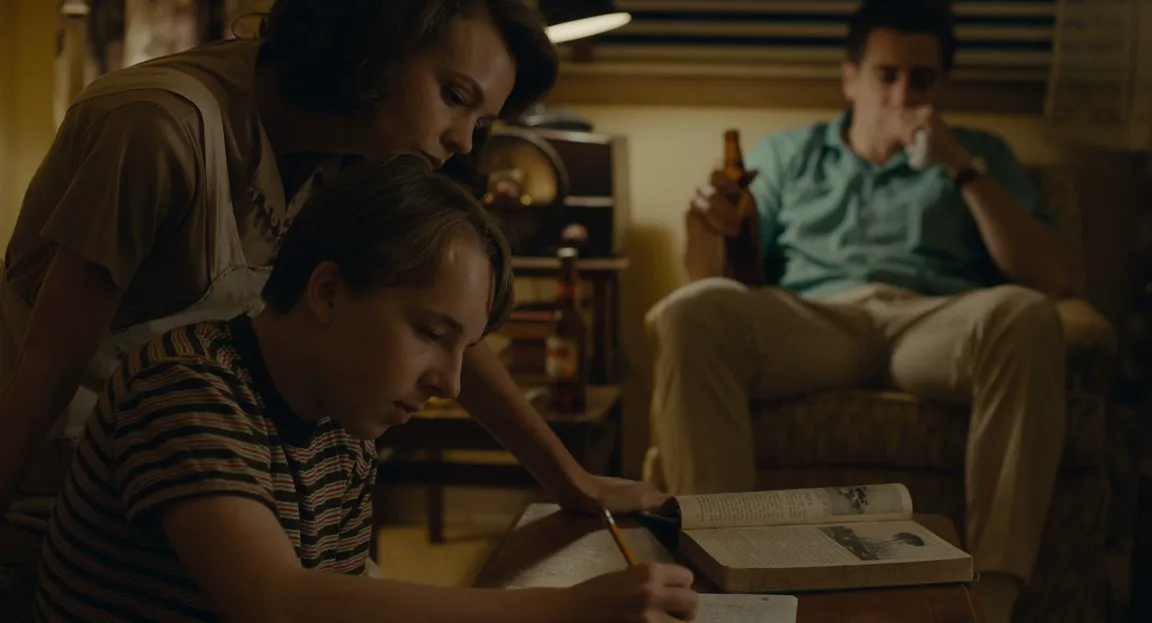A Sincere Take on Familiar Family Troubles: Paul Dano’s “Wildlife”
Paul Dano delivers a compelling and genuine portrayal of family issues in “Wildlife,” offering a fresh perspective on a well-trodden theme.
The film follows 14-year-old Joe (Ed Oxenbould) as he moves to a new town with his parents. His father, Jerry (Jake Gyllenhaal), finds work at a golf club, while his mother, Jean (Carey Mulligan), stays at home to care for Joe. Jean is visibly discontent with their constant relocations, and a simmering conflict seems to have taken root within the family (“it gets colder every time we move”). When Jerry loses his job and volunteers to fight wildfires, the hidden resentments surface, leading Jean to seek solace in new relationships. Joe’s family life crumbles, and he feels like the only one willing to salvage the situation.
The Rise of Actor-Directors
In recent years, Hollywood has witnessed an intriguing trend: relatively young actors transitioning into directing, often focusing on coming-of-age stories set in provincial settings – essentially narratives about themselves. We’ve seen Greta Gerwig’s “Lady Bird,” Jonah Hill’s “Mid90s” making the rounds at festivals, and now, after successful screenings at Sundance and Toronto, Paul Dano’s “Wildlife” has arrived.

While “Wildlife” is formally an adaptation of Richard Ford’s novel, seemingly dispelling any notion of autobiography (the story is set in the 1960s, before Dano was even born), it paradoxically feels more sincere and personal than films like “Lady Bird.” Dano seamlessly integrates himself into the Montana landscape, and his reflections feel remarkably authentic. The protagonist even bears a striking resemblance to a young Paul Dano.

Joe’s Perspective
Joe serves as the audience’s eyes, and we perceive the complex relationship between his parents through his consciousness, whether we realize it or not. Joe may appear passive, especially compared to his parents, who are constantly arguing and creating on-screen drama. He observes, contemplates, and absorbs every shout, every angry slam on the table, and every slammed door. Despite his apparent apathy, he is the central figure, undergoing the most profound transformation as he rapidly crosses the boundary between adulthood and the fleeting innocence of childhood. He seems reluctant to let go of his childhood, but he has no choice. His parents, it turns out, don’t have all the answers either, and in difficult times, they behave no better than children, running from their problems, hiding behind appearances, and resorting to обидам and tears.

A Masterful Focus
Dano and Ed Oxenbould (unrecognizable from his role in Shyamalan’s “The Visit”) deserve credit for their skillful projection of the “everyday life” of divorce and infidelity onto Joe. They could have focused the camera on Gyllenhaal and Mulligan, capturing every nuance of their impeccable performances, but it would have remained just that – a performance. “Wildlife” prefers to observe them from a distance, with close-ups more often reserved for Joe and his reactions to the unfolding events.

With this simple yet subtle technique, Dano evokes such strong empathy for Joe that every argument feels like a real conflict between loved ones, forcing us to witness their struggles. There’s a moment in the film when Gyllenhaal’s sudden scream makes you jump, even though we’re accustomed to screams in movies.
Subtlety and Depth
Despite its excellent stylization, costume design, color palette, and soundtrack, “Wildlife” appears outwardly unremarkable and detached, much like its protagonist. However, as with Joe, this external coldness conceals immense internal turmoil that can be difficult to decipher. Paul Dano doesn’t attempt to offer groundbreaking insights into family relationships or growing up – and likely wouldn’t succeed if he tried. Instead, he allows the viewer to experience one such story, immersing us in the subjective world of a curious character where even mundane landscapes reflect Joe’s perceptions and conflicting emotions.